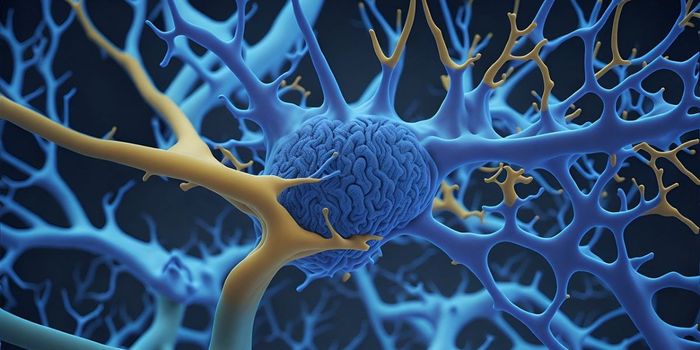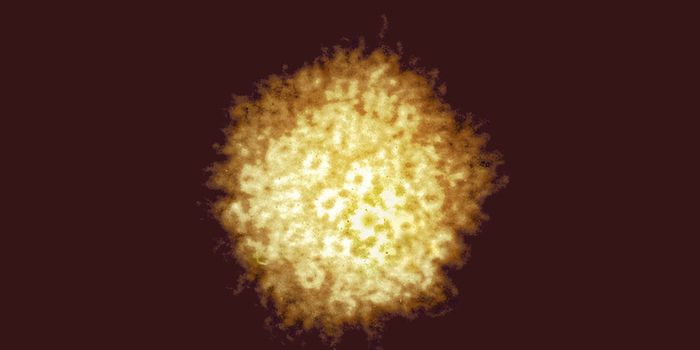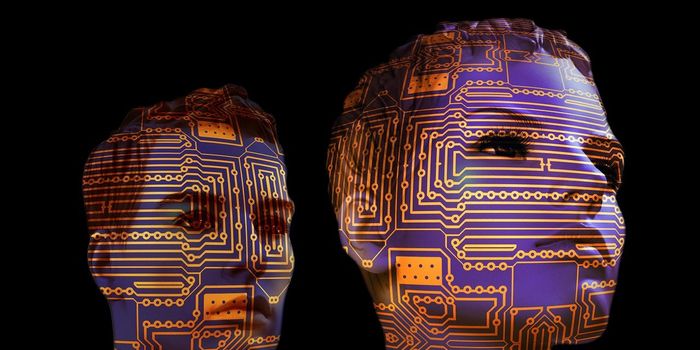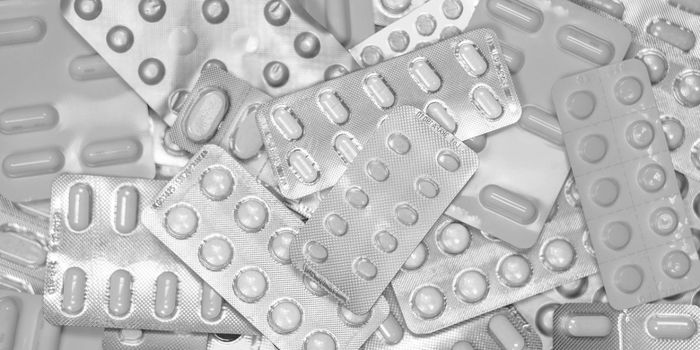New Evidence: How Genomic Instability and Replication Stress Relate to Autism Spectrum Disorder
Dr. Eric Courchesne of the University of California San Diego explains further consequences of DNA over-replication and macrocephaly.
Researchers at the University of California San Francisco have connected genomic instability and DNA replication stress to macrocephaly, a condition of a large head size which is common in about 30% of people with Autism Spectrum Disorder (ASD). These findings complement previous research from 2016 which connected a high amount of double stranded breaks in neural genes to neurological dysfunction. The team’s most recent work provides additional evidence to some current theories about ASD and will add to research on other neurological disorders.
In previous research, the researchers at Boston Children’s Hospital found a high amount double stranded breaks in neural stems cells of mice, and found these breaks to impede neurodevelopment and neural function.
In the most recent research, the team at the University of California San Francisco was interested in examining the role of double stranded breaks in the neural stem cells from people with ASD. Like the 2016 study, they found that double stranded breaks occur clustered in high amounts in neural genes, in people with the neurological disorder. Further experiments revealed that healthy stem cells that were promoted to replicated faster and more often, began to experience double stranded breaks clustered in neural genes. The researchers believe that neural function genes are most affected by rushed DNA replication because these genes are much longer than most other genes. When the DNA replication process is rushed, cellular machinery that replicates DNA can bump into machinery that transcribes RNA, breaking the gene that is undergoing replication.
This study was conducted using cells from people with ASD who have a very low IQ and macrocephaly, which are not universal characteristics of ASD. Next, the researchers want to study whether the results implicating a stressed DNA replication process and clustered double stranded breaks in neural functional genes holds in stem cells from people with a range of ASD characteristics.
Sources: Wang et. al., Wei et. al., TheScientist








